
FDA
Manufacturers in the USA are expected to compile and maintain documentation that demonstrates the analytical and clinical performance of their IVD devices. From analytical validation studies to regulatory submissions and post-market surveillance, navigating the clinical aspects of IVD development requires meticulous planning, execution and adherence to regulatory requirements.
Our team can support you in the following clinical areas.
- Analytical and clinical performance evaluation: The FDA expects manufacturers to demonstrate both the analytical and clinical performance of their IVD devices. This involves conducting studies to assess the accuracy, precision, sensitivity, specificity and various other performance-related characteristics of the device.
- Analytical validation studies: Manufacturers must conduct analytical validation studies to evaluate your device's performance under controlled laboratory conditions. These studies assess its ability to accurately and reliably measure analytes of interest.
- Clinical validation studies: Clinical validation studies are conducted to evaluate the device's performance in real-world clinical settings. These studies compare the device's results to those of a reference method or gold standard and assess its diagnostic accuracy, sensitivity, specificity and various other clinical performance characteristics.
- Post-market surveillance (PMS): Manufacturers must implement post-market surveillance programmes to monitor the performance of their IVD devices after they are placed on the market. This includes not only collecting and analysing data on device failures, adverse events and several other safety or performance issues but also taking appropriate corrective and preventive actions when required.

Trusted by top-tier teams worldwide
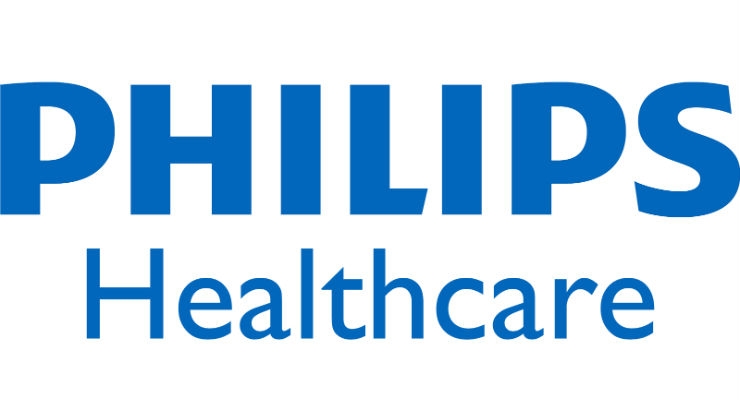
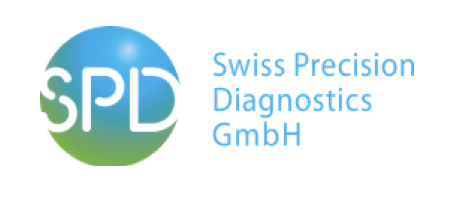
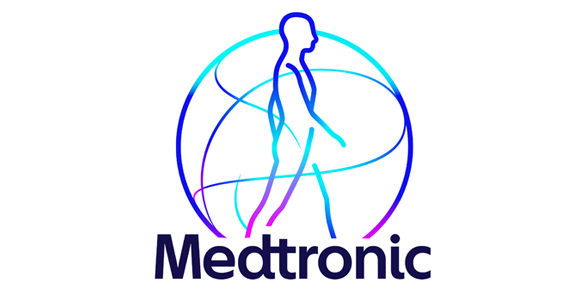

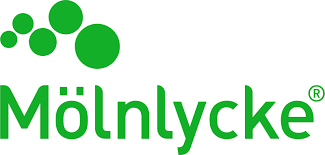

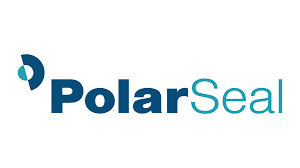
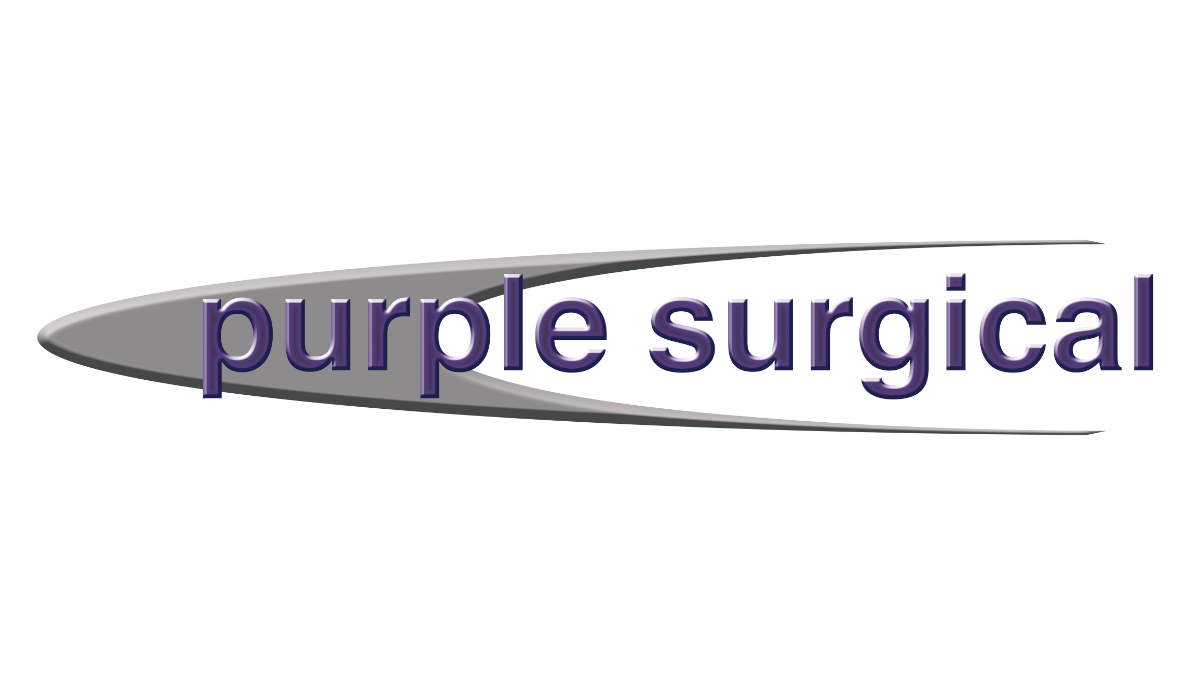

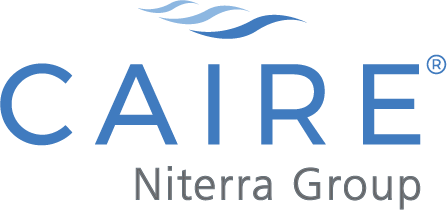
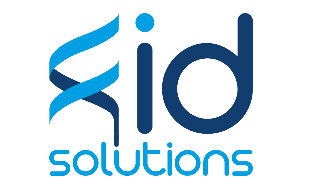




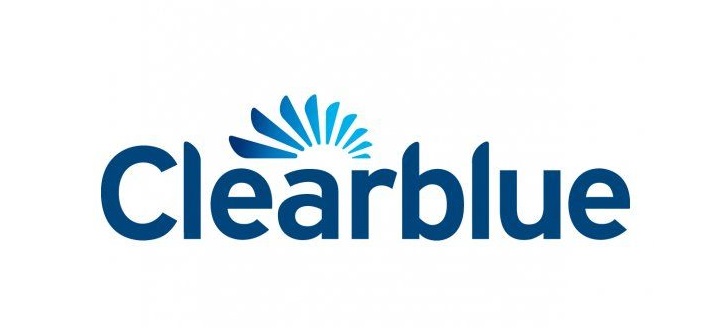
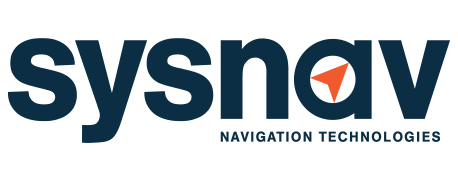


Featured case studies
Software as a medical device (SaMD)
Software as a medical device (SaMD) Introduction Our client designs and sells a CE marked Class IIa software, used in cardiology as a digital twin. Types Regulatory affairs Responsible person FSP Scope of work Our client recently partnered with groups of clinics in the United Kingdom and therefore asked us to act as their UK…
QMS Implementation for Class III Medical Device
QMS Implementation for Class III Medical Device Introduction Streamlining ISO 13485 Certification for a connected medical device. The company is a highly innovative start up, which has developed a best-in-class pacemaker. At the time of engaging with them they were on the road to CE Marking. Apotech Team Worked full time on the project: balanced…
Borderline device classification
Borderline device Classification Introduction Classification of borderline product (cosmetics VS medical device) Our client, a multinational cosmetics and wellness product manufacturer identified revenue opportunities marketing their cosmetics devices with increase claims. Apotech was engaged to perform a blanket regulatory assessment of cosmetic devices and provide judgement and pathways for market authorisation as a medical device…
- « Previous
- 1
- 2
- 3